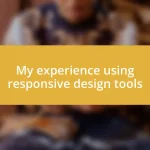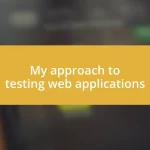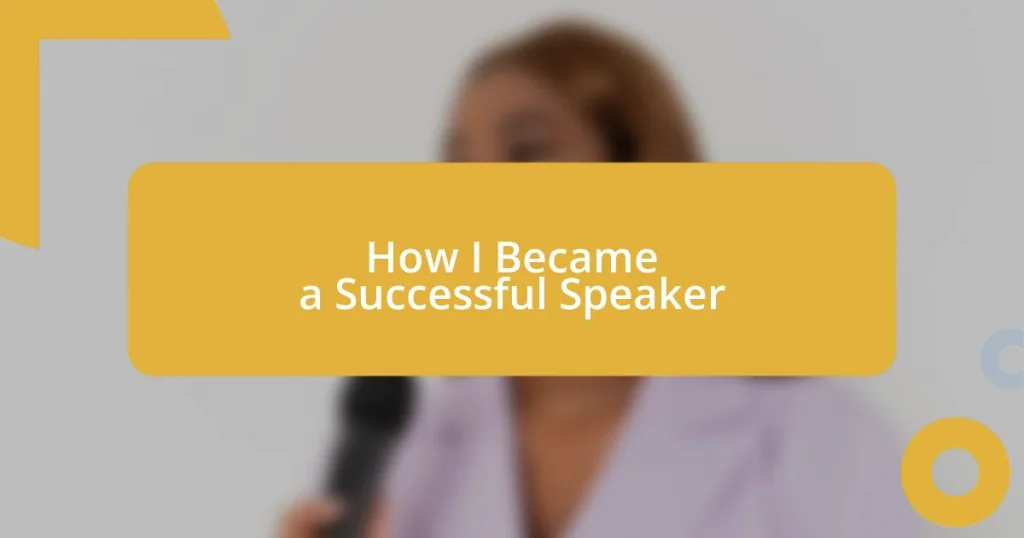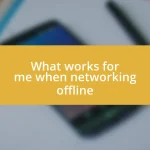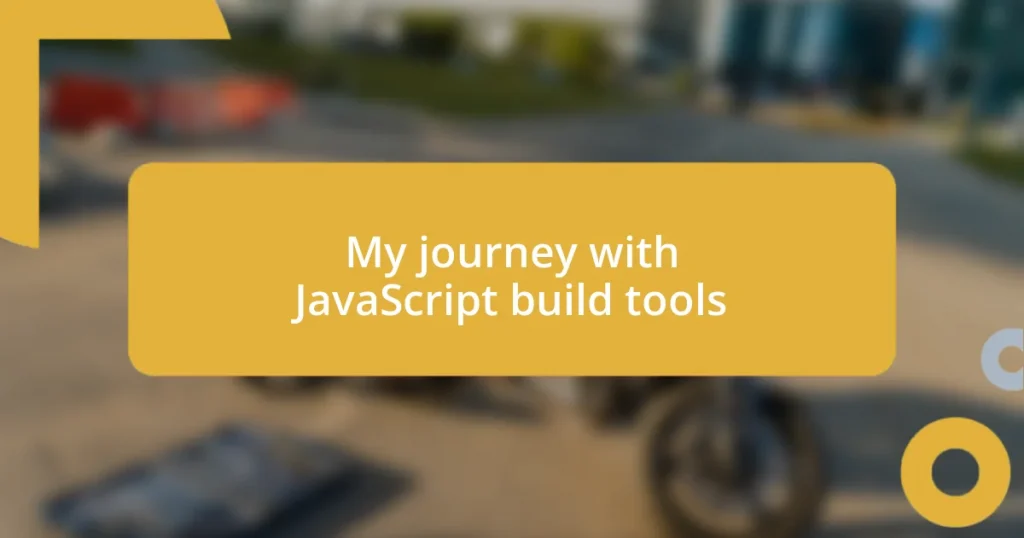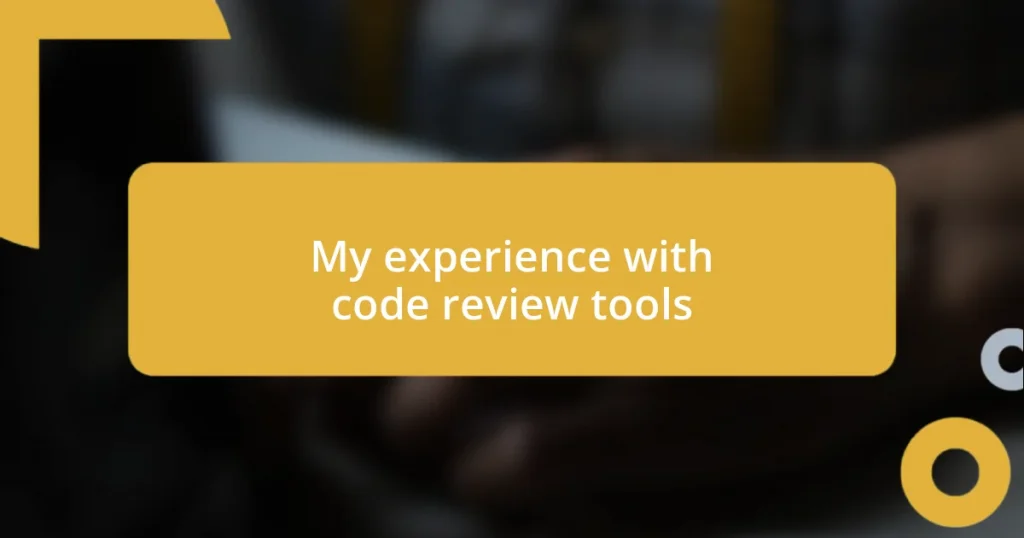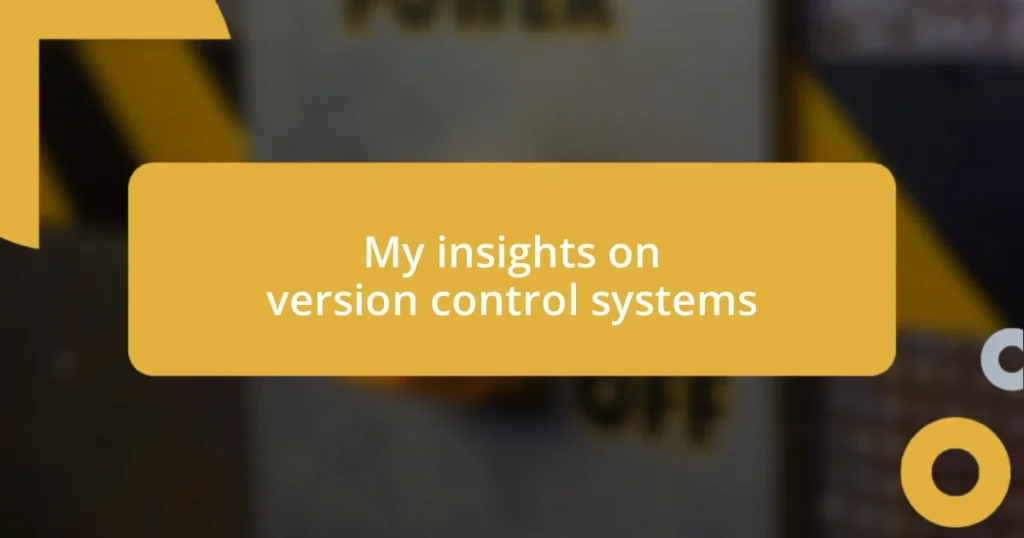Key takeaways:
- Confronting public speaking anxiety through preparation and practice transformed fear into confidence and engagement.
- Identifying a speaking niche based on passions, expertise, audience needs, and unique perspectives led to more impactful and relatable presentations.
- Building a strong network and marketing oneself authentically, including sharing personal stories and testimonials, enhanced opportunities and community connection.
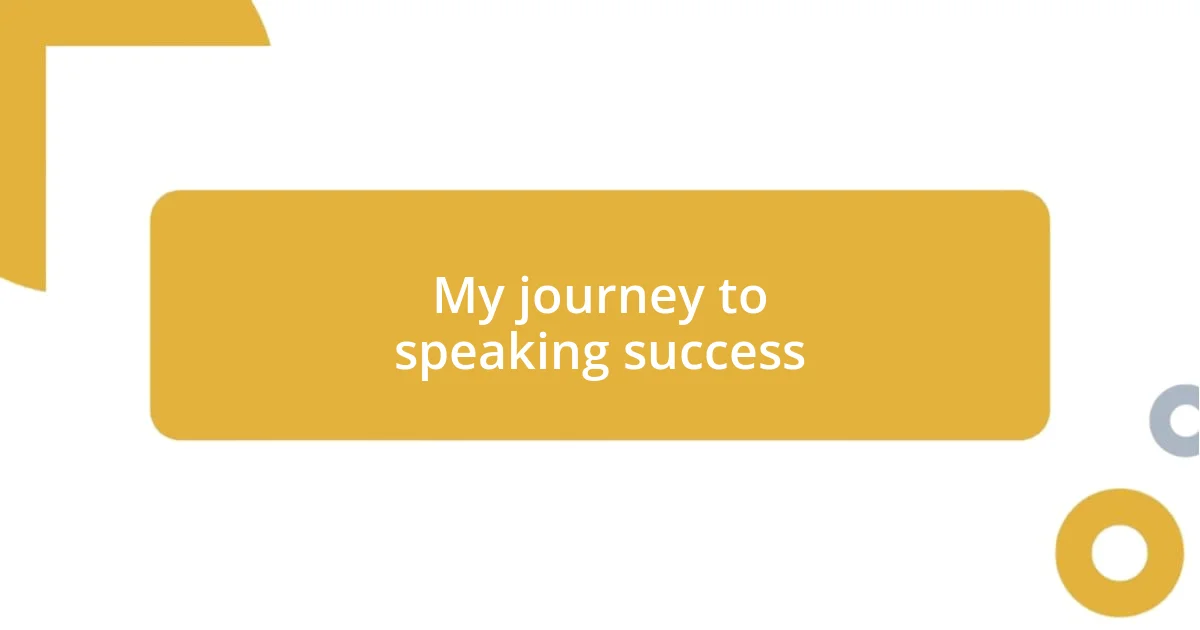
My journey to speaking success
Early on, I remember being terrified of public speaking. My hands would shake, and my voice would tremble, making it hard to connect with the audience. One time, during a small team meeting, I stumbled over my words and felt completely exposed. Have you ever felt that stomach-churning anxiety before speaking? It was in that moment that I realized I had to confront my fear head-on.
As I began to take on more speaking opportunities, I discovered a crucial truth: preparation is key. I started investing time in structuring my talks, honing my stories, and practicing relentlessly. I can still recall one event where I delivered my speech to a packed room, and the moment I saw their engaged faces, a wave of confidence washed over me. Isn’t it fascinating how preparation can transform anxiety into excitement?
Ultimately, my journey to becoming a successful speaker has been about embracing vulnerability. Sharing personal anecdotes, like the time I faced a huge audience with sweaty palms, has allowed me to connect with others on a deeper level. Don’t you find that sharing our struggles makes us more relatable? By being open about my journey, I’ve created a space where authenticity shines through every word I speak.
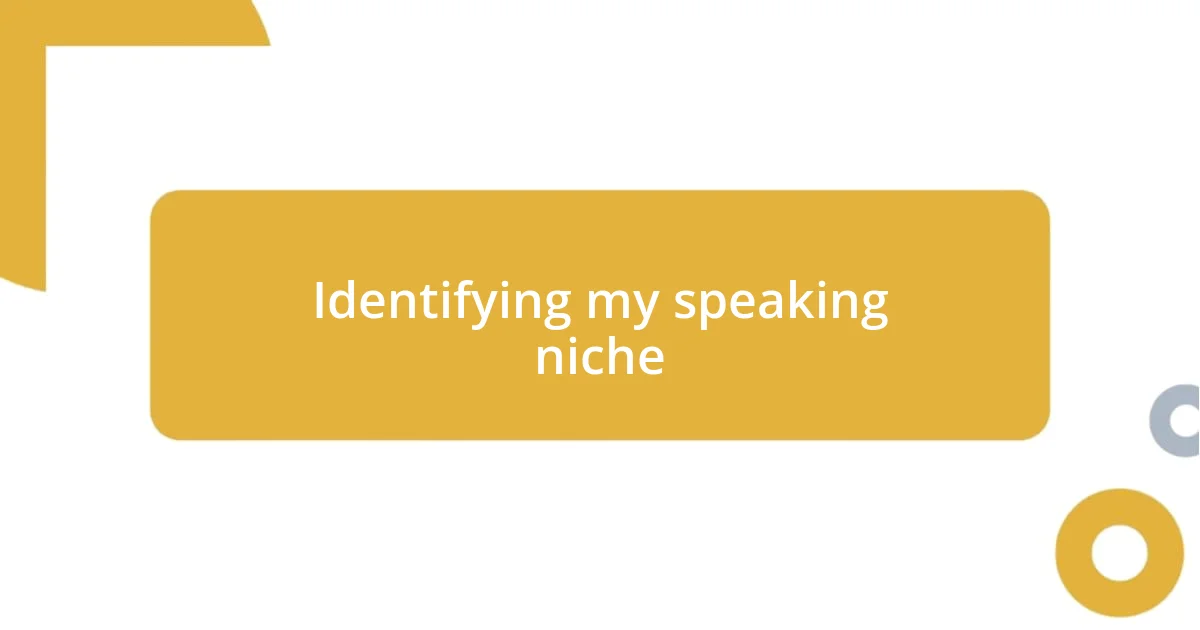
Identifying my speaking niche
Finding my speaking niche was a pivotal moment in my journey. I realized that not all topics resonate with me, but some ignite a fire within. For instance, when I began sharing stories about overcoming challenges in my career, the excitement and engagement from the audience were palpable. It was in those moments that I knew I had struck a chord.
To narrow down my niche further, I focused on:
- Passions: What subjects deeply interest me? I found that leadership and personal development truly set my soul on fire.
- Expertise: What do I know well? My background in project management provided a robust foundation for my talks.
- Audience Needs: What problems do they face? Understanding my audience’s challenges allowed me to tailor my message effectively.
- Unique Perspective: How can my experiences offer something different? My journey from anxiety to confidence in public speaking offered relatable insights.
By analyzing these elements, I began to carve out a niche that felt authentic and fulfilling.
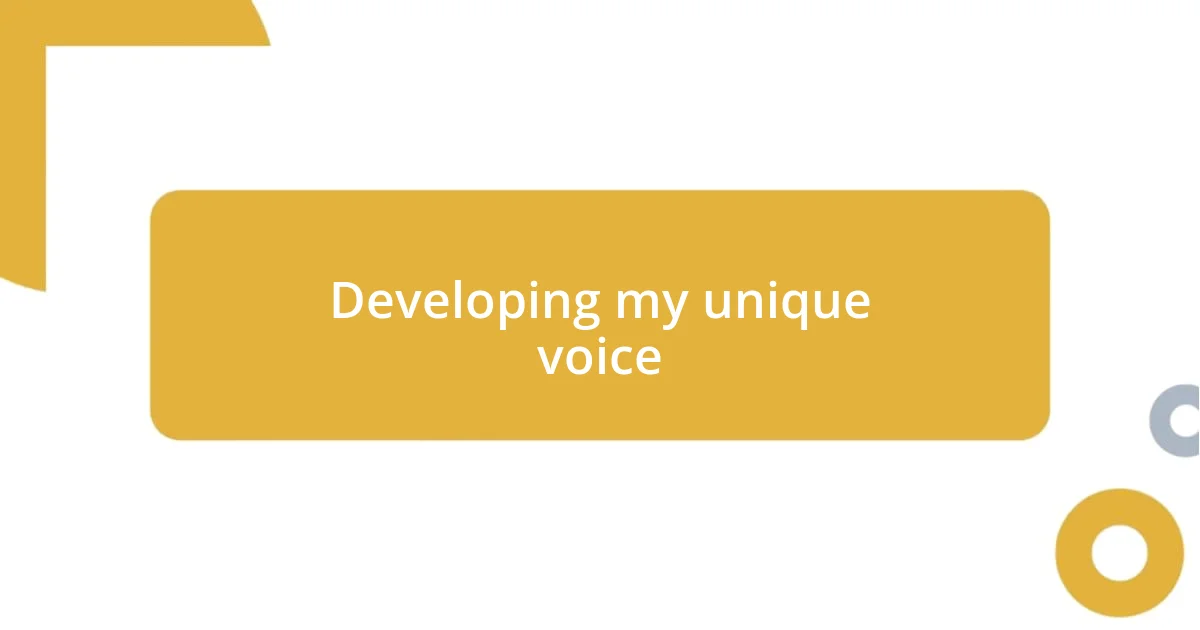
Developing my unique voice
Developing my unique voice took time, but it was one of the most rewarding aspects of my speaking journey. I learned that my voice isn’t just about the words I say; it’s about how I say them. During a workshop, I tried a more humorous approach while sharing a story from my past. The laughter that erupted in the room felt like a warm hug, reminding me that my personality could be an incredible asset on stage.
Another key factor was embracing my quirks. Early on, I noticed that I naturally used hand gestures which complemented my storytelling. I decided to own it. One day, while practicing in front of friends, I noticed how their smiles grew as they followed my animated descriptions. People connect with authenticity. Isn’t it wonderful to think that letting go of perfectionism can actually elevate my message?
Over time, I realized that integrating my background also shaped my voice uniquely. Growing up in a multicultural environment, I often shared stories that blended different cultural perspectives. This richness made my talks more relatable to diverse audiences. I still remember a standing ovation after connecting personal anecdotes from my heritage with universally shared values. It reaffirmed to me that my diverse experiences weren’t just a backdrop; they were integral to my unique voice.
| Aspect | Personal Insight |
|---|---|
| Humor and Emotion | Using humor made my storytelling more engaging and relatable. |
| Embracing Quirks | Owning my unique gestures increased audience connection and interest. |
| Cultural Background | Integrating diverse perspectives enriched my message and resonated with audiences. |
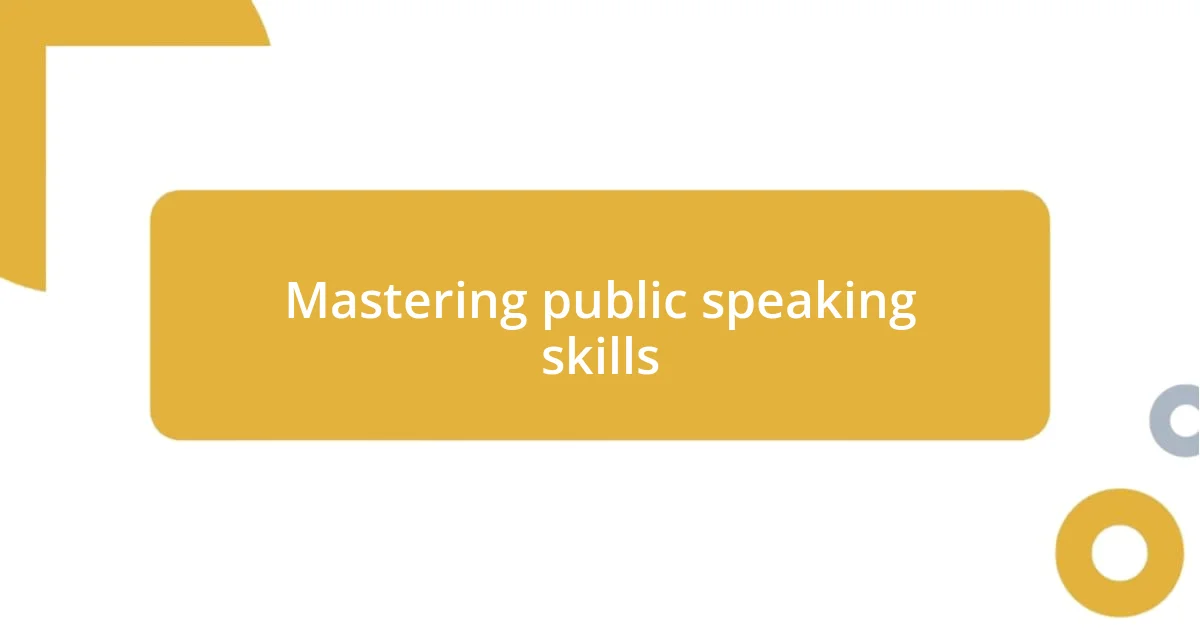
Mastering public speaking skills
Mastering public speaking skills isn’t just about memorizing a script; it’s about incorporating genuine emotions into my presentations. I remember preparing for a major talk where I shared a story about my first failed presentation. I felt the audience’s empathy as I recounted my fears and how I overcame them, and that emotional connection turned a simple speech into a powerful experience. Have you ever felt that electric atmosphere where everyone is engaged? That’s the magic of authenticity.
I also learned that practice is a crucial element in honing my public speaking abilities. I made it a point to rehearse in front of varying audiences—friends, family, and even strangers—who provided valuable feedback. After one practice session, a friend pointed out that my pacing was a bit fast, which made me realize the importance of breathing and pausing for effect. It’s funny how sometimes we think we’re ready until we receive that little nudge to improve. Have you ever underestimated the value of feedback?
Furthermore, understanding my audience’s reactions has shaped my ability to adapt on the spot. During one event, I noticed people nodding in agreement as I shared a poignant story. I decided to lean into that moment, elaborating on the theme that resonated with them. It was as if we were having a conversation instead of me just delivering a speech. This response taught me that public speaking isn’t a one-way street; it’s about creating a dialogue that ignites passion and inspires action. How can we foster that connection with our audiences, I wonder? The answer lies in being present and responsive, ensuring my audience feels seen and heard.
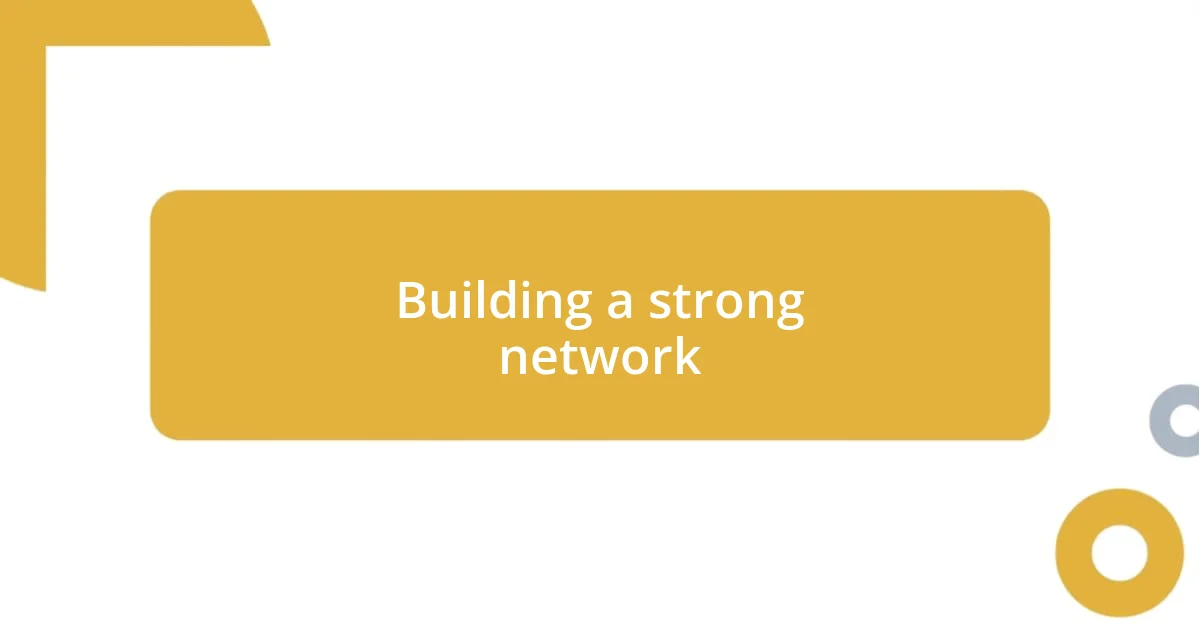
Building a strong network
Building a strong network was a game-changer in my journey to becoming a successful speaker. I can still remember the early days when I felt isolated, struggling to find my footing. One evening, at a small meetup, I struck up a conversation with another speaker who shared invaluable tips about connecting with audiences. That simple interaction ignited a sense of community in me. Have you ever experienced that moment when a friendly conversation opens doors you never knew existed?
Beyond just attending events, I realized the importance of cultivating relationships. I once made it a point to follow up with someone I met at a conference. We exchanged ideas over coffee, and our discussion turned into a collaboration on a speaking project. What I learned was that networking isn’t just about taking; it’s about building meaningful connections that can lead to amazing opportunities. Isn’t it intriguing how one genuine conversation can evolve into something significant?
Additionally, I’ve found that giving back to my network is incredibly rewarding. I often mentor aspiring speakers, sharing my experiences and offering guidance. Recently, I hosted a workshop to help others find their unique voices. Seeing their growth reminded me that building a network is a two-way street. How fulfilling is it to nurture others while also developing your skills? It’s a beautiful symbiotic relationship that enriches both parties, keeping the spirit of collaboration alive.
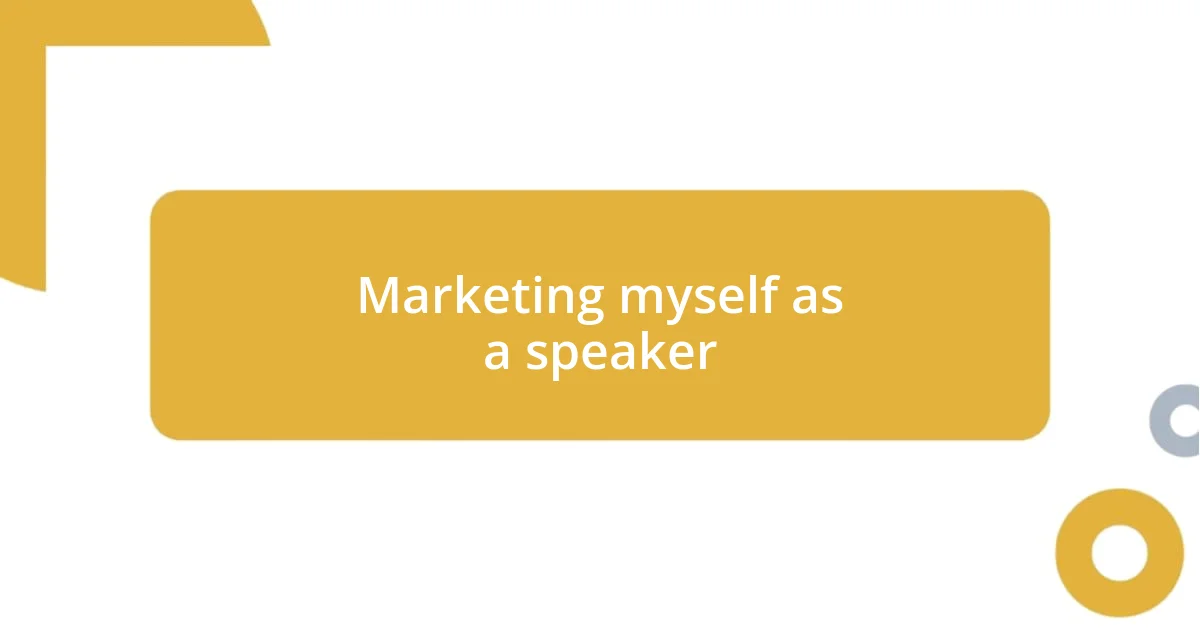
Marketing myself as a speaker
Marketing myself as a speaker began with embracing the power of personal branding. One time, I spent an entire weekend rethinking my social media profiles. I wanted them to reflect not just my expertise, but also my personality and storytelling style. Have you ever considered how your online presence can act as your first impression? It does, and I wanted to make mine unforgettable.
I also discovered the magic of sharing my journey publicly. By posting videos of my speeches and snippets of my performances, I created a platform for others to see my growth and evolution as a speaker. Each upload brought not only feedback but also followers, forming a community around my work. Isn’t it fascinating how technology can transform a solitary pursuit into a shared experience? Embracing digital platforms has opened doors I never imagined.
Another essential aspect was leveraging testimonials and word-of-mouth from previous engagements. After a memorable presentation on resilience, one audience member shared their appreciation through a heartfelt email. I asked if I could use their feedback as a testimonial, which they enthusiastically agreed to. Utilizing these personal endorsements on my website and promotional materials has not only built credibility, but also reinforced the emotional impact of my message. How often do we overlook the voices of our supporters in shaping our narrative? Their stories validate my journey and connect us on a deeper level, turning marketing into a collective experience.
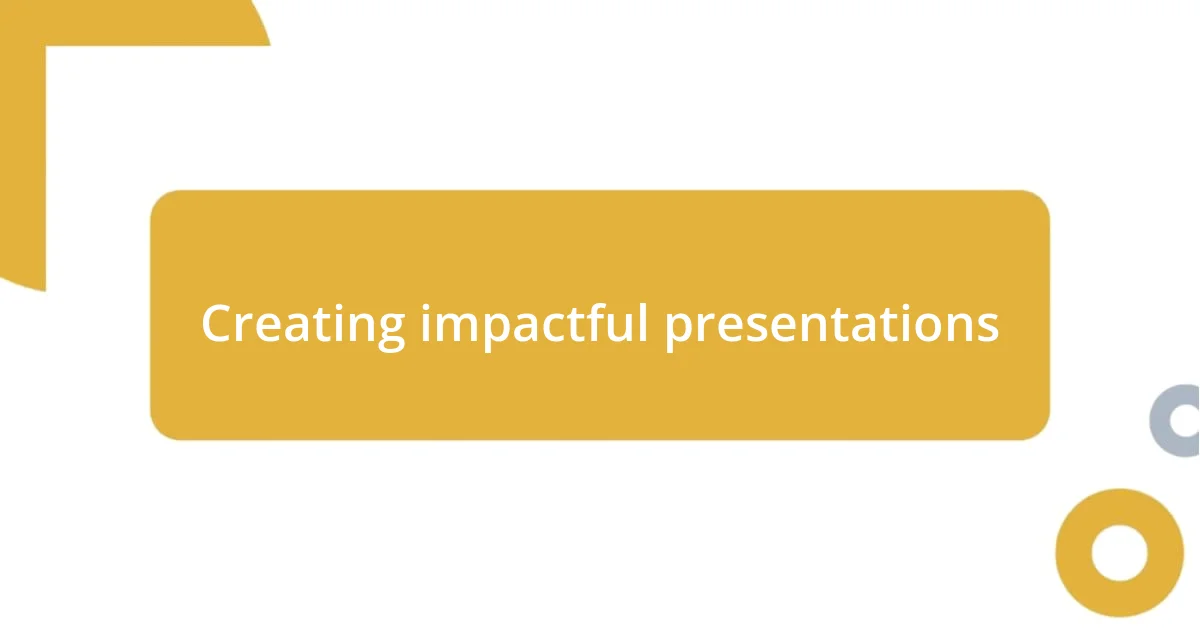
Creating impactful presentations
Creating impactful presentations involves more than just slideshow perfection; it’s about crafting a narrative that resonates with your audience. I remember a time when I was preparing for a particularly important talk on innovation. I decided to incorporate a personal story about a failure I experienced early in my career. Sharing that vulnerability made the audience sit up and really listen. Have you ever noticed how genuine stories can break down barriers? That connection is what I aim for every time.
Visual elements play a crucial role as well. During one presentation, I used a minimalist slide design that allowed my key points to shine without distraction. The subtle visuals complemented my narrative, enhancing the overall experience. I think back to that moment when I saw the audience nodding along, engaged and intrigued. Isn’t it amazing how simplicity can amplify your message without overwhelming your listeners?
Finally, practice is non-negotiable for creating impactful presentations. I found that rehearsing in front of friends and asking for honest feedback transformed my delivery. One of my friends pointed out my nervous habit of pacing, which I hadn’t noticed. Isn’t it funny how we can be blind to our own quirks? By fine-tuning my presentation style, I could focus more on connecting with the audience rather than battling my nerves. It reaffirmed my belief that preparation is key to any performance, allowing the message to take center stage.



